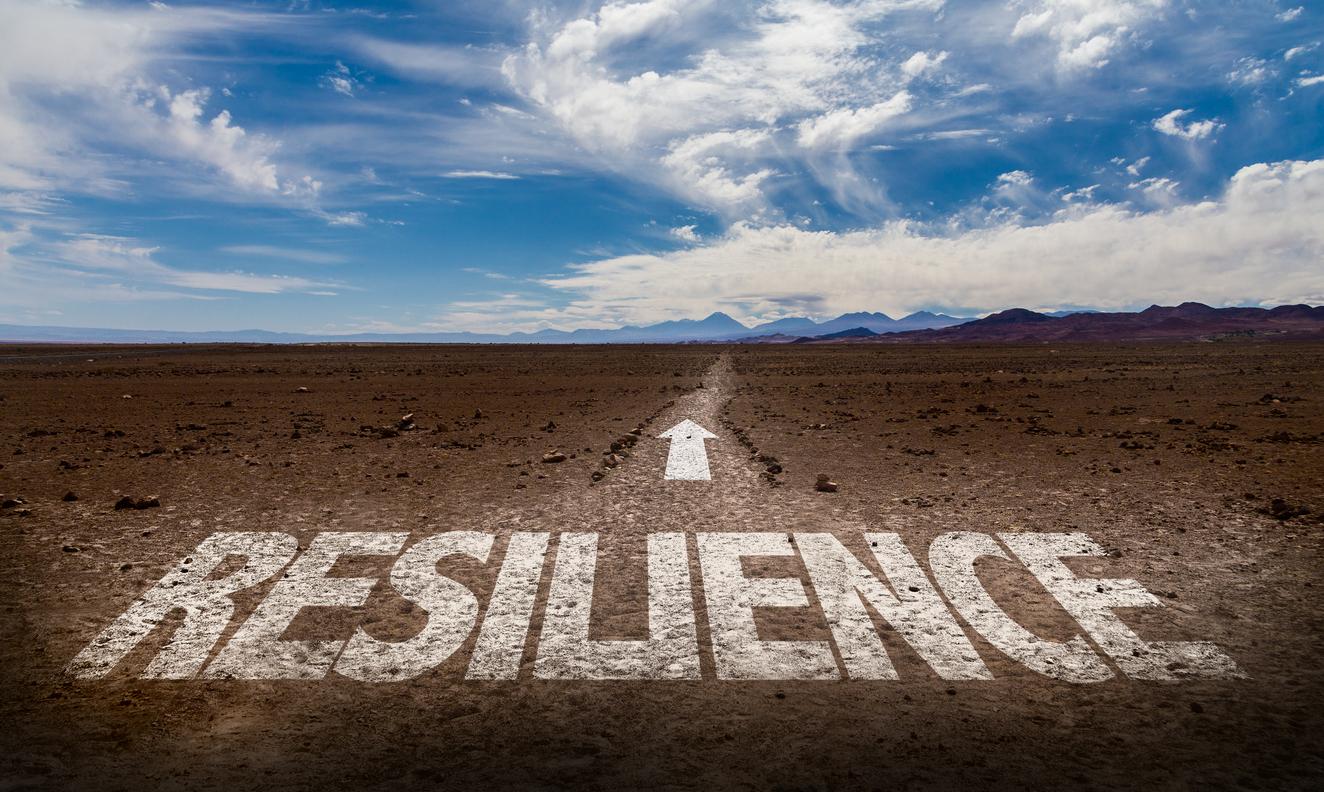Our ability to be resilient in the face of life’s challenges, particularly as we age, may reduce the risk of death from all causes, researchers say.

- As we approach a certain age, having good coping skills can offset the negative impact of chronic illness and resulting disability. The ability to bounce back physically from illness and trauma has been associated with slower aging and lower mortality.
- “A nearly linear association emerged between mental resilience score and death from all causes: the higher the score, the lower the risk of death, with this association being stronger in women than in men,” according to one study.
- Participants’ resilience scores were divided into quartiles and associated with 10-year survival probabilities. The analysis showed that those in the highest quartile were 53% less likely to die in the next ten years than those in the lowest quartile.
What if mental resilience was the key to hoping to live longer than others? According to a new study published in the journal BMJ Mental Healtha strong ability to adapt to hazards and difficult events, in this case at an advanced age, is directly associated with a lower risk of death.
The ability to bounce back combined with slower aging
Resilience capacity evolves and varies across our lifespan, explain the researchers at Sun Yat-Sen University in China, who conducted the study. It is already known that as we approach a certain age, having good coping skills can offset the negative impact of chronic diseases and the resulting disability. The ability to bounce back physically from illness and trauma has been associated with slower aging and lower mortality.
To find out if mental resilience had similar effects, the researchers used a survey of more than 10,000 American adults with an average age of 66. Their individual resilience was measured by rating various qualities such as perseverance, calm, sense of purpose, self-reliance and recognition that some experiences must be faced alone. The average score was 9.18 on a scale of 0 to 12. Participants were followed until death or until May 2021, after an average follow-up period of 12 years.
Mental resilience reduces risk of death
“A nearly linear association emerged between mental resilience score and death from all causes: the higher the score, the lower the risk of death, with this association being stronger in women than in men.”we can read in a press release.
Resilience scores were divided into quartiles and associated with 10-year survival probabilities. The probability was 61% for volunteers in the lowest quartile (the least resilient), 72 and 79% for those in the middle quartiles, and 84% for those in the highest quartile. The analysis showed that those in the highest quartile were 53% less likely to die in the next ten years than those in the lowest quartile.
“This is an observational study and as such no firm conclusions can be drawn about causality, recognize the researchers. But our results highlight the potential effectiveness of interventions aimed at promoting psychological resilience to limit mortality risks.”
















